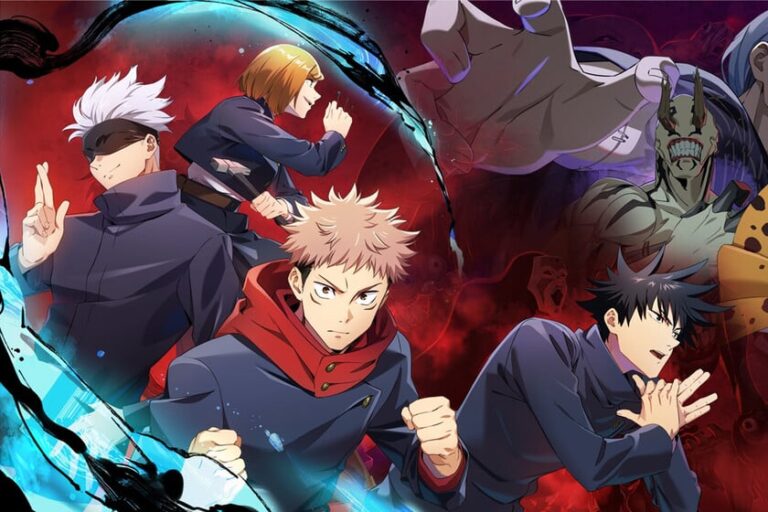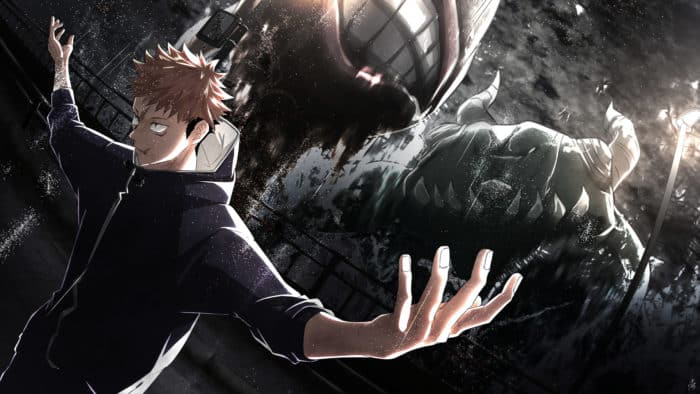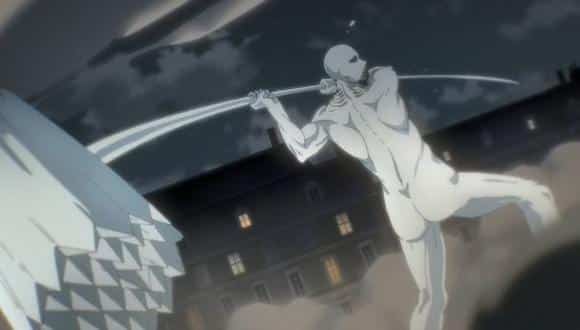
The animators of “Jujutsu Kaizen” have once again highlighted the terrible work conditions and the pressure they are under during the new chapters.
Over the past few hours, a series of tweets from the animators of Jujutsu Kaizen have rocked the anime world. They show a high crisis in the production of the famous series, with demanding working conditions and strict delivery times. Despite requests for a delay, the production committee’s response was negative, so the broadcast was delayed for hours.
The crisis in “Jujutsu Kaizen”: between excellence and weakness
Episode 17 promises to live on thanks to a quality team of animators, but beyond that, the future is uncertain. The complexity of the situation depends on many factors. The production committee consists of various entities such as TOHO and Shueisha, and any decision to delay will require a majority vote. Additionally, the costs associated with the delay, such as rescheduling distribution times and adjusting marketing strategies, are significant.
Director and screenwriter Kazuto Arai of Jujutsu Kaisen’s second season, episode 13, expressed his disappointment on Twitter with negative comments about the project’s ending. Shunsuke Okubo, the director of Episode 12, has shared a shocking image of the character “Shirobako” from the anime, which is about anime production, in a desperate situation.
A cry for help from the creators
Leading entertainer Kato dropped one strong word “cheat” on his now-deleted Twitter. This shows the level of nervousness and stress in the group. Another animator, Honehone, expressed his displeasure in a deleted tweet, possibly referring to the situation on “Jujutsu Kaisen.”
Tsuchigami Isuki, known as “Miso”, retweeted his old tweets criticizing the MAPPA studio and highlighted the crisis. Several other animators, including Amphibli and Glens_sous, have expressed their displeasure on social media. Animation director Roccia Nobili described the ending as “it’s the end” and paired it with a funny song, which conveys a tense and exhausting atmosphere.

Reflections on anime production
Kevin of Sakugablog wrote an essay about the situation, highlighting issues such as lack of proper credits and high burnout. This series highlights the grim realities behind anime production, a topic that deserves much attention and discussion and touches many productions and even great authors such as Eiichiro Oda who worked on One Piece Manga outside of anime. A complicated way to take it to the final stage.
The issue of “Jujutsu Kaisen” is not isolated to the anime industry. Series like “Attack on Titan” and “Tokyo Revenge” faced similar situations, animation teams work under high pressure to meet tight deadlines. In “Attack on Titan”, the last season showed a change in the studio, which caused controversy and concerns about working conditions. Fans noticed a change in animation and design quality, sparking debate about the impact on the safety of animators and the quality of the final product.

Anime like “My Hero Academia” and “Demon Slayer” have been at the center of discussions about production pressure. Its sheer popularity and fan expectations put an extra burden on the production teams. In “Demon Slayer”, the amazing success of the movie “Mughan Train” has brought more attention to the work of animators. These examples reinforce the need for deep reflection and structural change in the anime industry to ensure a healthy and sustainable work environment while maintaining the high quality that fans love and expect.